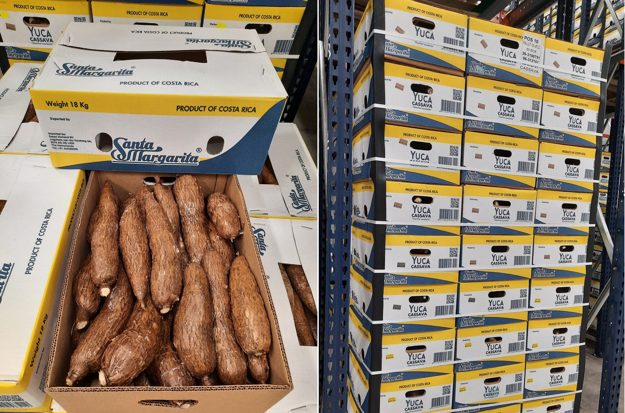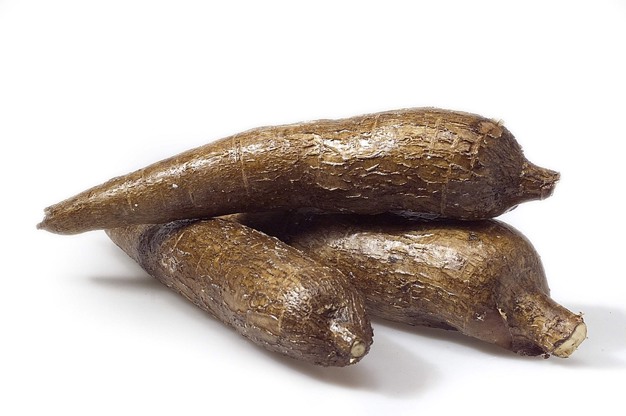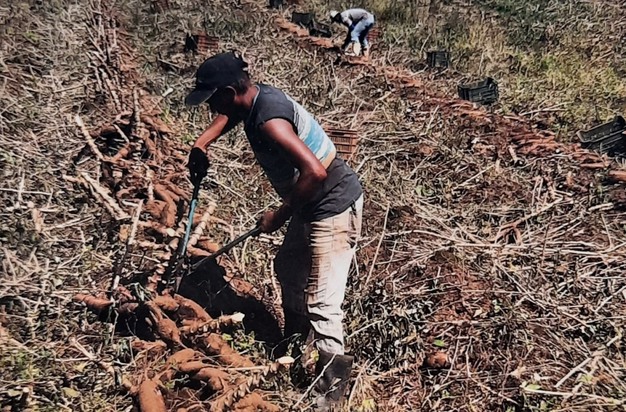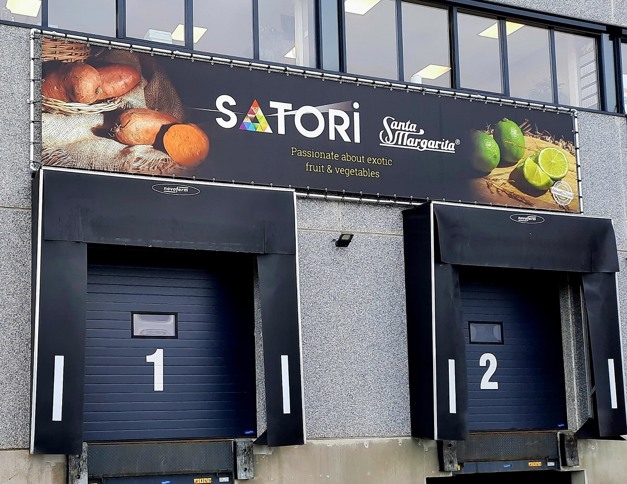"Cassava has gained a firm foothold in Europe and is truly starting to conquer the market and is clearly on the rise. Cassava is an important food source for millions of people. It's a very common meal ingredient in much of the world, including South and Latin America, Africa, and parts of Asia. For Europeans, too, cassava is moving from a niche to a more common product," begins Priscilla Schot. She is part of Satori Holland's sales team. Priscilla and her colleagues trade, import, and export exotic fruits and vegetables under the Dutch company's Santa Margarita® brand.

She has this to say about the growing popularity of this native South American root vegetable: "I see sales doing nothing but growing exponentially. The world is shrinking, many products are more readily available and accessible to everyone, and our wolrdwide eating habits are widening."
Demand for cassava is usually higher in southern European countries like Spain, Italy, and France, countries with historic ties to South America and Africa. Priscilla nevertheless sees demand for the exotic fruit increasing throughout Europe. She compares that growing popularity to how products like sweet potatoes, avocado, and mango entered the market some time ago.

Rapid spread
"Sweet potatoes, for example, which were initially new, needed time to reach people's plates, eventually becoming a staple in European kitchens. The same is happening with cassava. It's spreading rapidly, and the challenge is to increasingly introduce the exotic to Europeans, who are unfamiliar with it. At first, such a new product is an ingredient of so-called world dishes and later becomes integrated into people's diets," says Priscilla.
What helps, she notes, is that the product is becoming more and more broadly available in stores. "In larger cities, cassava, like sweet potato, is a standard product on supermarket fruit and vegetable shelves. That undoubtedly sparks curiosity; instead of traditional mashed potatoes, Europeans increasingly look overseas for their dishes."
Versatile, edible root
Something else that helps market access is the product's versatility, Schot adds, saying: "Everything you can do with a potato, you can do with cassava: boiling, baking, frying, milling, and mashing. However, you must always cook cassava. It has a dark brown skin with white flesh and tastes sweet and extremely starchy." She says the versatile root is rich in nutrients and is a source of fiber, vitamins, and minerals. "Plus, one of the advantages of cassava is that it's gluten-free and can replace wheat flour."

These starchy tubers originated in South America but flourish in tropical and subtropical climates. "We get them from Costa Rica. They're very drought-resistant and grow even in poor soils, although that affects the yield. They're tough little guys," admits Priscilla.
Climate and logistical challenges
She concludes that although it is a robust crop, the families that grow for her face climate change challenges. The Red Sea crisis also affects global trade and shipping traffic. "This popular container ship route via the Suez Canal between the Red Sea and the Mediterranean has been disrupted. Shipping companies are massively avoiding that route to and from Asia and Europe, diverting via the Cape of Good Hope in South Africa."

"The Dutch are a trading nation. Although we don't get cassava by that shipping route, the disruption caused by the Red Sea crisis considerably drives up costs. Ports are struggling with congestion due to delays. Container capacity is more limited due to longer sailing distances. The insurance companies are being affected, too," Priscilla points out, indicating that this disruption's further impact cannot be predicted. Much depends on whether the conflict escalates further.
"That's partly why, in January, life became slightly more expensive again, and the rising inflation is at 3.2%, according to the Central Bureau of Statistics. At that rate, product prices in the Netherlands rose, on average, more than three percent in January compared to January last year." But, she remains optimistic and sees cassava's sales market expanding. "It has made its entry into European cuisine and is currently selling like hotcakes," Priscilla concludes.
 Satori Holland
Satori Holland
+31 (0)85 902 8084
priscilla.schot@satori.nl
www.satori.nl
